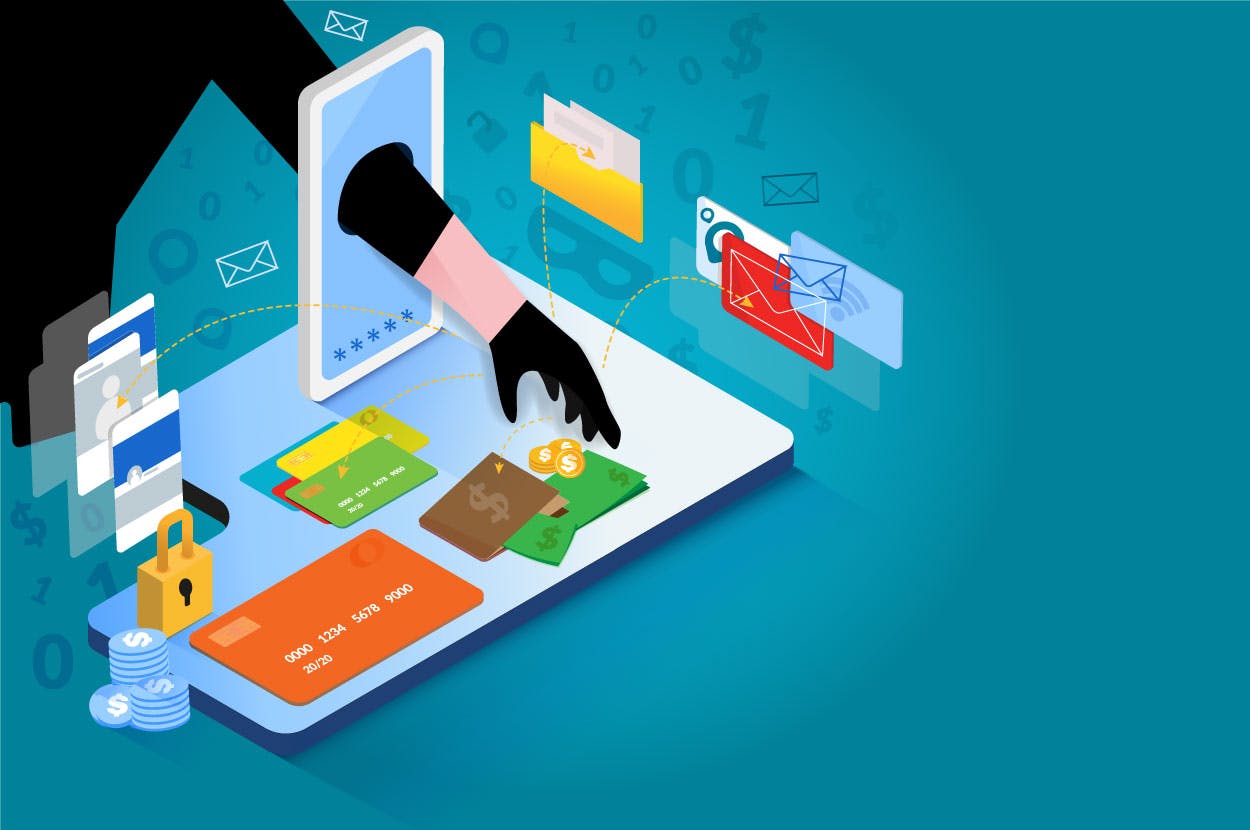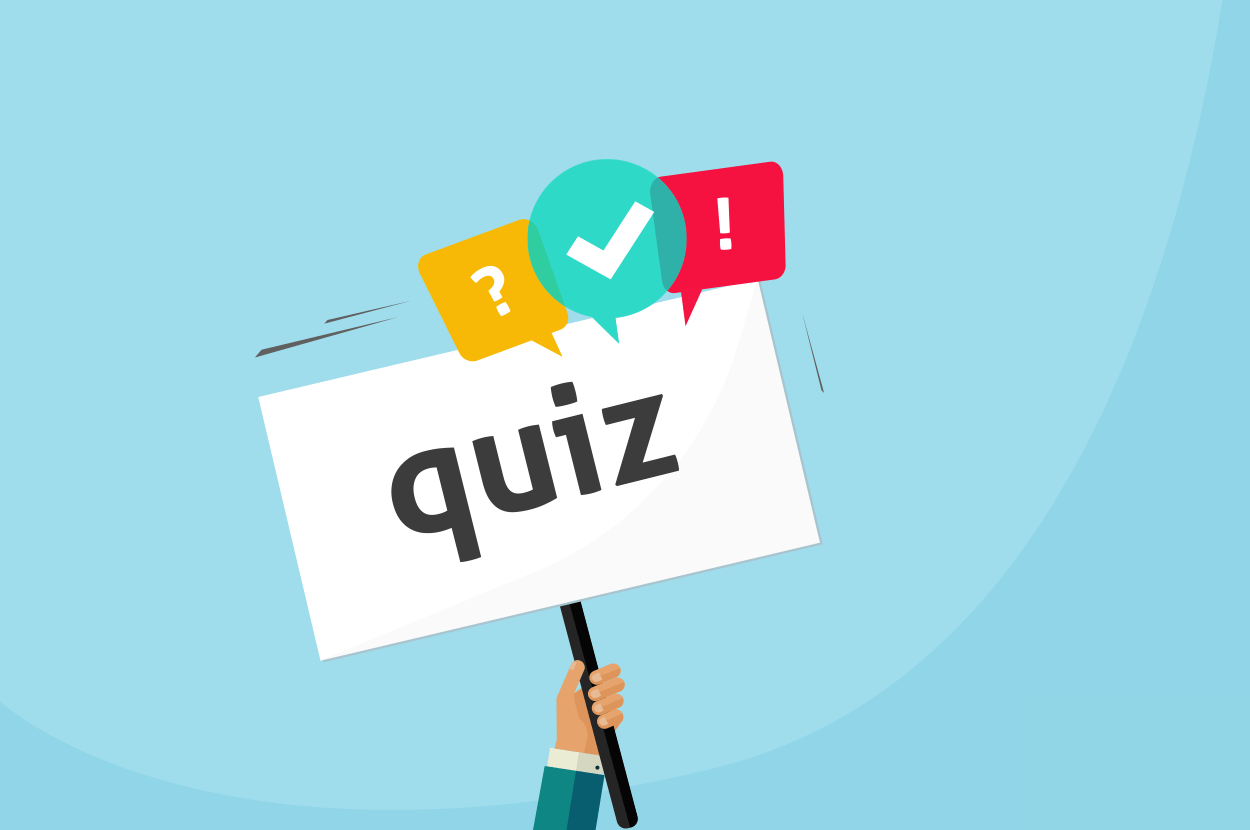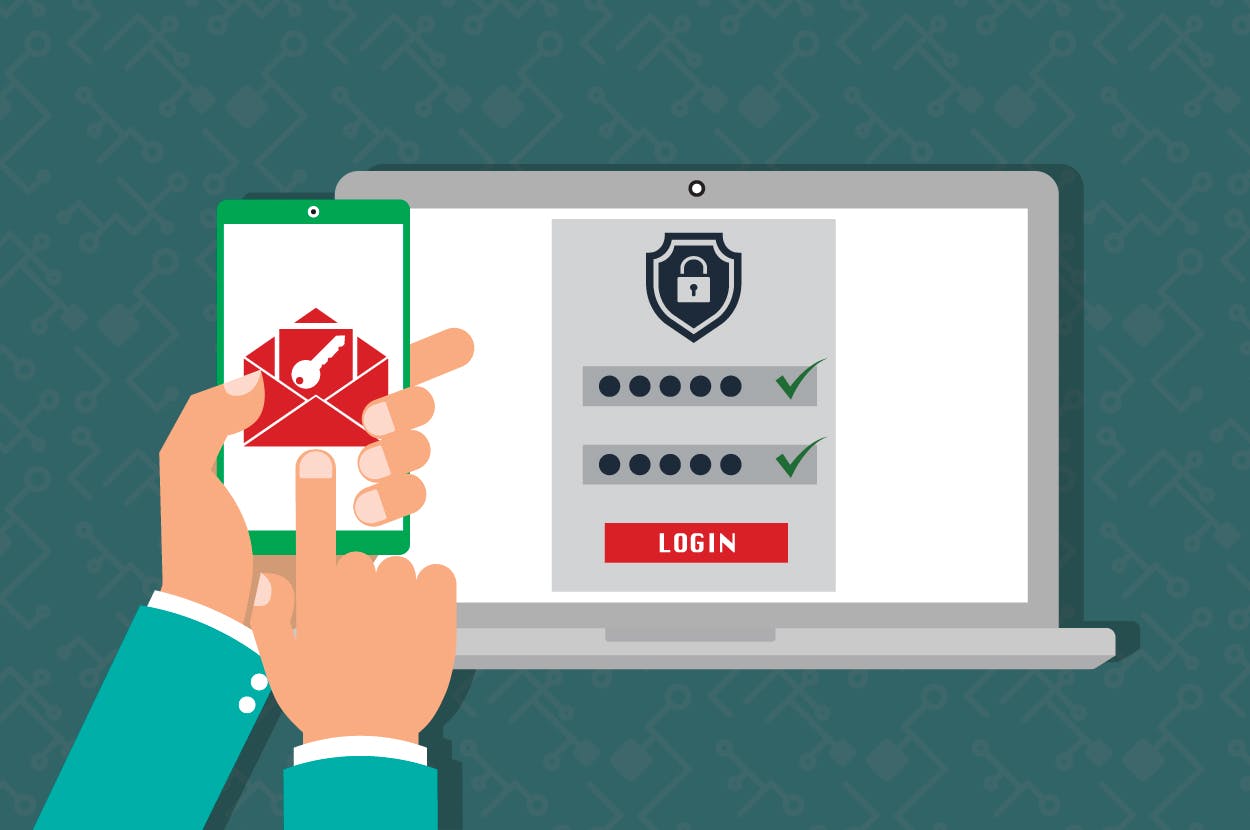Safety and Protection
Watch Out For These COVID-19 Scams
April 06, 2020

Cyber criminals are using the latest coronavirus (COVID-19) health concerns to their advantage to deceive consumers. Many scams involve the use of phishing emails, social media platforms, text messages, faxes, and phony websites with false information.
The phishing emails are said to contain malicious links or attachments impersonating government agencies such as Centers of Disease Control (CDC), World Health Organization (WHO), and John Hopkins University. Many of these communications may be prompting false information about the virus, asking for donations, or selling a product to prevent the virus.
There are also fake websites by non-government entities with names like “U.S. Emergency Grant Federation” that ask individuals to share their social security numbers or pay a “processing fee” to receive a grant. These fraudulent websites steal personal information or steal money from innocent people. They may claim to offer help with medical bills or other costs.
Below are some examples of the types of scams you should be on the lookout for:
Phone and Text Message Scams
Be aware of phone scams, robocalls and text message scams related to the coronavirus. These scams may offer free home testing kits, promote bogus cures or prey on other virus-related fears.
Some scammers are impersonating government agencies through text or phone calls claiming to be from the "FCC Financial Care Center" and offering relief funds. This is not a legitimate program.
Do not click on links in texts related to the virus, and do not give out personal information through text or over the phone. Always go directly to government websites like cdc.gov/coronavirus and fcc.gov/covid-scams for the latest information about government programs, consumer warnings and safety tips.
Phishing Scams
Emails that appear to be from organizations such as the CDC or the WHO. The scammers have crafted emails that appear to come from these sources, but they actually contain malicious phishing links or dangerous attachments.
Emails that claim to have a "new" or "updated" list of coronavirus cases in your area. These emails could contain dangerous links and information designed to scare you into clicking on the link.
Charity Scams
Emails that ask for charity donations for studies, doctors or victims that have been affected by the coronavirus. Scammers often create fake charity emails after global phenomenon occur, like pandemics or natural disasters.
Stimulus Check Scams
Emails requesting you to confirm any personal information in order to mail you a stimulus check for short-term financial relief. Government agencies are not sending unsolicited emails seeking your private information or requiring an upfront fee in order to send money.
Emails, social media posts or websites that claim to offer grants or stimulus payments that are not from government agencies or legitimate organizations. These fraudsters may also try to scam you into providing your account number in order to direct deposit a stimulus payment into your account.
Phone Calls Pretending to be from Suncoast Credit Union
Phone calls posing as support personnel from Suncoast. Cyber criminals will try to gain your trust by a stating a job title, email address and any other information that they may have found online. The caller could claim to be verifying activity on your account.
IRS Impersonation Scam
Scammers are impersonating the IRS and calling people to tell them that they owe taxes. The scammers make threats that not paying will lead to arrest or other criminal action. They will ask for payment with a pre-paid debit card, money order, wire transfer, or gift card.
They might have fake ID numbers. They also could use spoofing to make the call appear to come from the IRS. Sometimes they may even have the last four digits of your social security number. But these calls are not legitimate.
The IRS does not ask for payment over the phone or through text, email or social media. If you get a call like this, hang up. If you want to see if you owe taxes, you can visit irs.gov or call the IRS directly at 1-800-829-1040.
If you get a fraudulent IRS call, you can report it by visiting tigta.gov or calling 1-800-366-4484.
Fake Coronavirus Maps
Here is an example of a fake map created by scammers claiming to have the latest COVID-19 updates similar to John Hopkins University’s website. The fraudulent map contains spyware (corona.exe) that steals usernames, passwords, credit card numbers and other data from user’s browser.
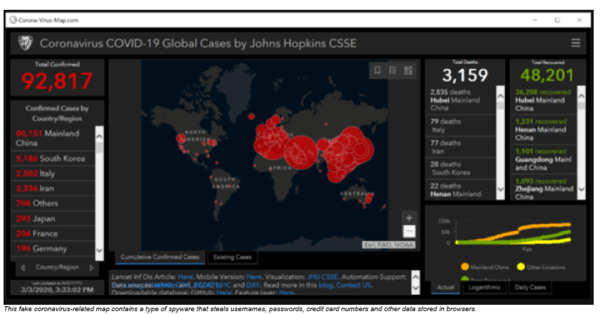
Additionally, the FBI has advised the public to be cautious and protect themselves from emerging scams related to COVID-19. The latest talk in the news has revolved around stimulus checks and scammers are leveraging the topic to obtain personal information to send “money”, but instead they are using the personal information to commit other crimes.
Keep in mind, these are only a couple examples and cyber criminals are constantly coming up with new ways to deceive you.
How to Protect Yourself from These Scams
- Never click on links or download attachments from an email that you weren't expecting.
- Hover over email links and verify the URL is legitimate.
- If you receive a suspicious email that appears to come from Suncoast Credit Union, report the email to abuse@suncoastcreditunion.com.
- If you want to make a charity donation, go to the charity website of your choice to submit your payment. Type the charity's web address in your browser instead of clicking on any links in emails, or other messages.
- Always purchase items from a legitimate stores or website
- Report any scams. Companies encourage consumers to report scams to them in order to take action.
- Remember that scammers can spoof any number they'd like. Therefore, even if a call looks like it's coming from a legitimate source, it could be a scam.
- Do not provide personal information to unknown sources. Never provide your personal information or account information over the phone unless you're the one who initiated the communication.
- Look over emails carefully for any misspellings.
For up-to-date information on the Coronavirus visit the Centers for Disease Control and Prevention (CDC) and the World Health Organization (WHO).
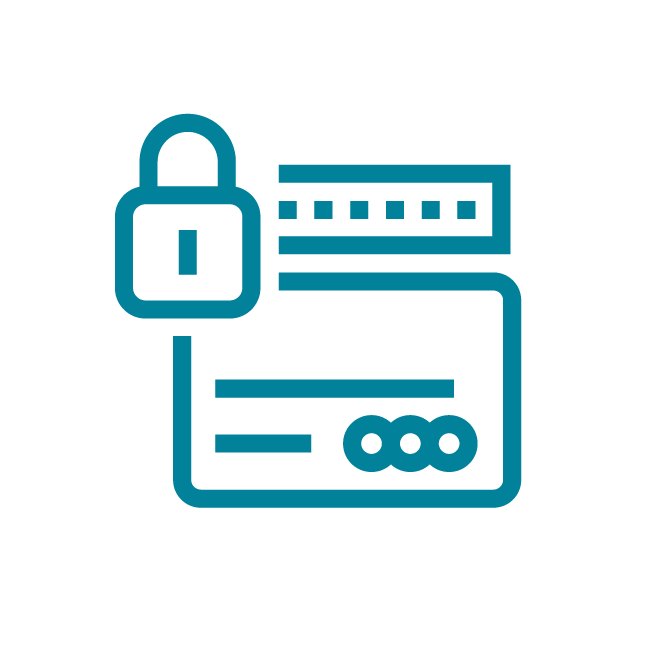
If you have been a target or are concerned you may have been a victim of one of these scams, please send an email to abuse@suncoastcreditunion.com. If you have been a victim of fraud or have had your data compromised, you can put a free fraud alert on your credit report. For more information about suspected fraudulent activity on your account, debit card or credit card, go to our frequently asked questions page.
Category
Safety and Protection
Tags
Find a Branch or ATM
We’re local, serving multiple counties in Florida
